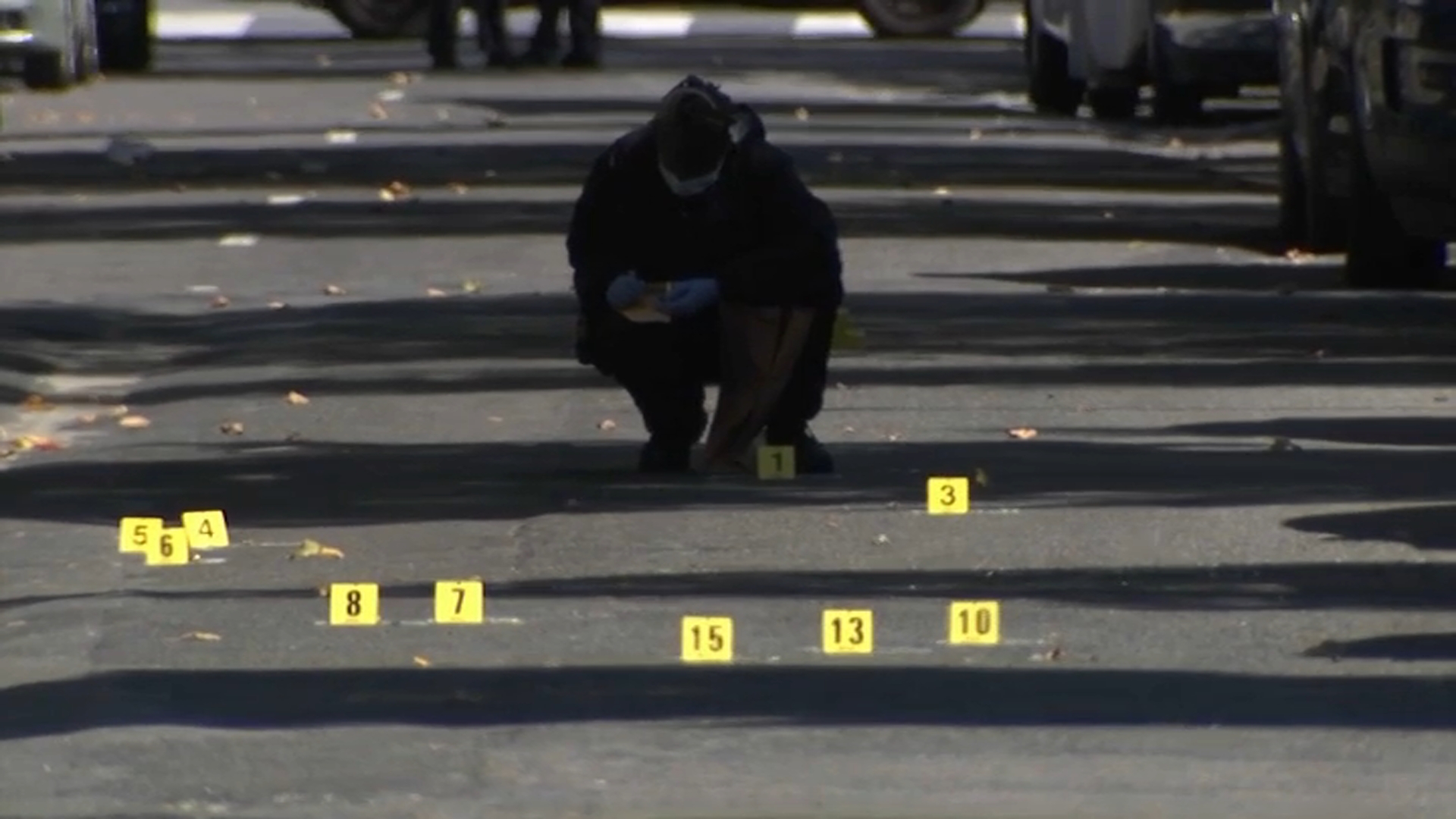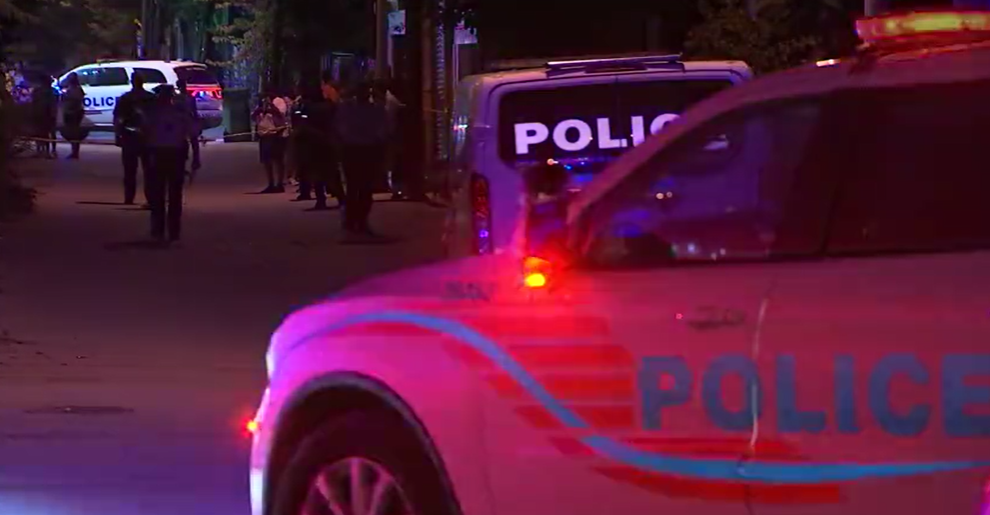D.C. Mayor Muriel Bowser followed up Wednesday on her threat to veto the massive overhaul of the District’s criminal code.
Bowser and the D.C. Council agree on the urgent need to reduce crime in the District but not on how to do it.
D.C.’s criminal code hasn’t been overhauled in more than 100 years, and after 16 years of studies and proposals, the Council unanimously approved to a new criminal code.
But Bowser vetoed the bill, writing to the Council, “This bill does not make us safer.”
We've got the news you need to know to start your day. Sign up for the First & 4Most morning newsletter — delivered to your inbox daily. Sign up here.
On Tuesday she explained she supports the majority of the bill but not everything.
“Anytime there’s a policy that reduces penalties, I think it sends the wrong message,” she said.
The new criminal code would eliminate most mandatory minimum sentences, reduce mandatory maximum penalties and allow jury trials for misdemeanors.
“Also, very concerned that the courts have the resources to keep up with the law,” Bowser said.
“What this law would suggest is that the number of trials would skyrocket, and so we have concerns about all of that,” Bowser said.
Council member Charles Allen, who oversaw the rewrite of the code, said, “The revised Criminal Code Act is the product of a 16-year-long effort with hard-fought compromise and consensus among the key agencies who administer our criminal justice system. You couldn’t ask for a more thorough process.
“A veto sends a message to keep the status quo – one that has clearly shown it doesn’t keep us safe.”
DC Justice Lab Executive Director Patrice Sulton, who was part of the commission that revised the code, wrote, “The mayor's office had many opportunities to collaborate and bring its ideas to the table. But her representative elected to miss all of the meetings, forgo every opportunity for written comment and wait years to raise objections.”
The Council has 30 days to vote on the mayor’s veto, which likely will happen Jan. 17. Nine of the 13 members will have to vote to override the mayor.
If the Council votes to override the veto as expected, the changes to the criminal code would be phased in from 2025 to 2030. The estimated cost is about $50 million.



